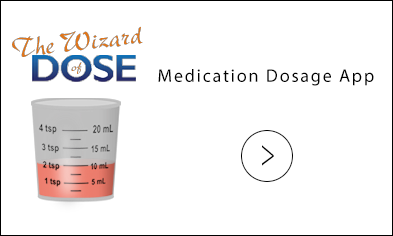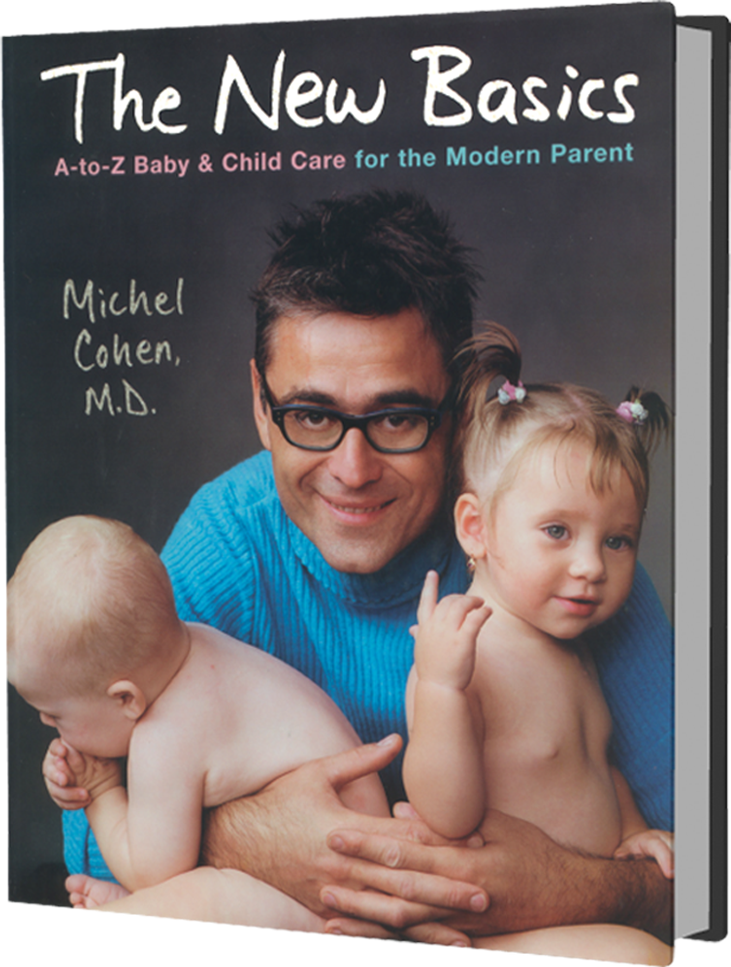
Allergies (Respiratory)
Respiratory allergies are triggered when the inner lining of the nose and airway overreacts to an allergen such as pollen or dust. Common symptoms include itchy nose; clear, runny nasal discharge; and teary eyes. When pollen is the problem, the reaction usually starts in summer and continues until pollen levels decrease in the fall. Other common allergens include mold, dander, and feathers. Contrary to common belief, respiratory allergies are relatively rare in children, so they often take the blame for symptoms actually caused by lingering colds. Additionally, it takes several years of exposure for an allergic child to develop the reaction to an allergen, which explains why allergies are even less common in younger kids. In rare cases, an airborne allergen can trigger an intense breathing reaction or a swelling of the airway.
In terms of relief, allergy medicines have side effects that are often worse than the symptoms themselves. Short-term antihistamines work well enough but not long enough, and they can knock children out. Longer-acting antihistamines such as Zyrtec cause less drowsiness but are less effective. And the allergy medicines that claim to last all day, such as Claritin, are about as efficient as sugar water, even if they have no side effects. Nasal steroid sprays also have limited benefits: Their effects wear off fairly quickly, they become less effective with prolonged use, and they carry the risk of various steroid reactions. No big bargain.
The best treatment for allergies remains avoidance of the allergen wherever possible. It’s fairly easy if the cause is a carpet, a feather pillow, or a stuffed animal, but harder if it’s indigenous vegetation or a beloved pet. Not everyone has the resources (or the desire) to move to Arizona just to avoid local pollens. In the end, your best bet may be the laissez-faire approach: Help Jimmy get used to living with occasional nasal stuffiness without becoming addicted to these allergy medications. For debilitating nasal allergies, you might try allergy shots, but they have their limitations. Jimmy will have to have a lot of these shots before you see a positive effect—if you ever see one—since their efficacy is a subject of debate.




 MEDICATION DOSAGE
MEDICATION DOSAGE

